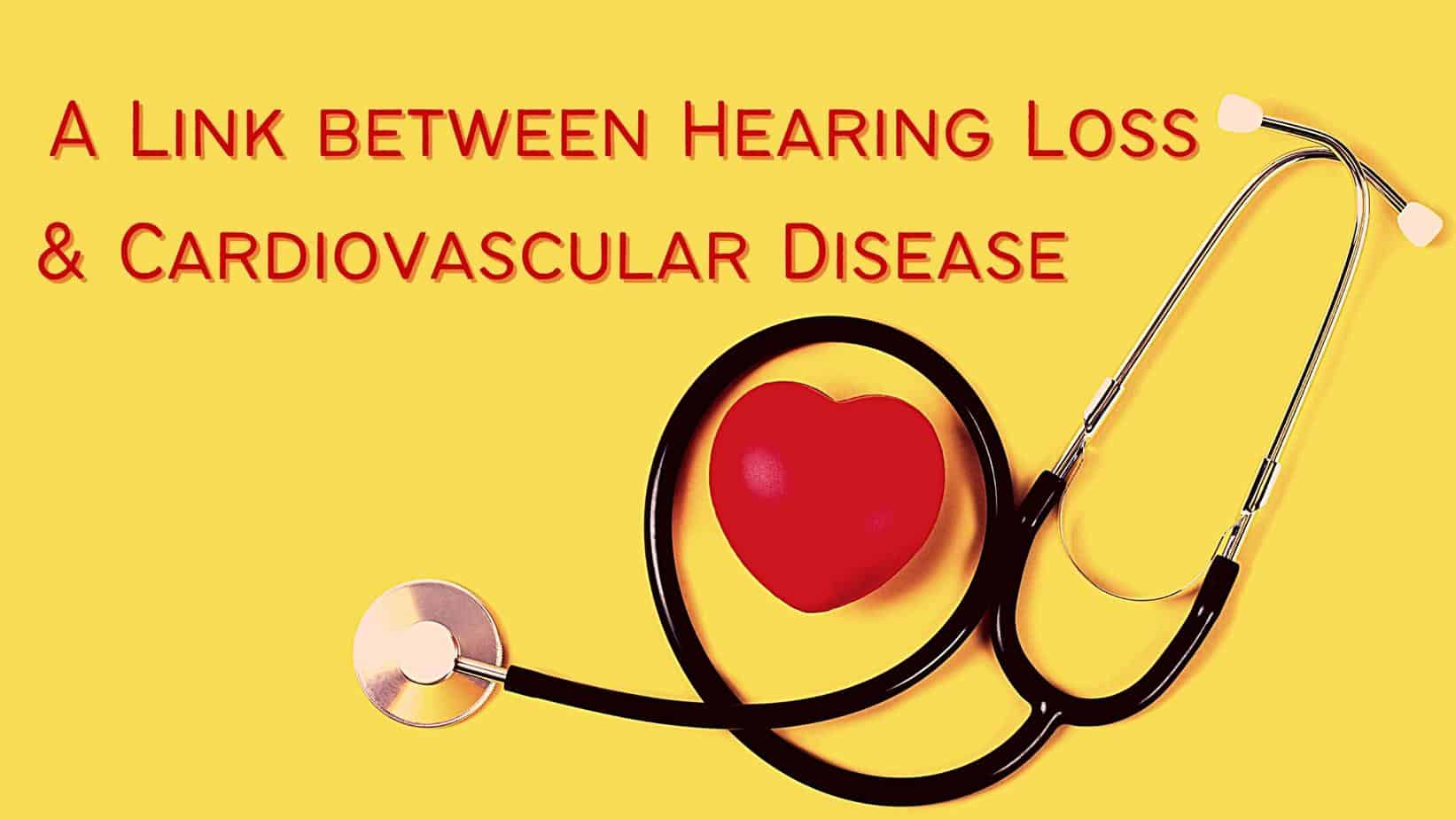
A Link Between Hearing Loss & Cardiovascular Disease
Among the top causes of death in the United States, cardiovascular disease is a threat to many people, particularly as they age. As a general term encompassing other conditions such as heart attack, stroke, heart failure, arrhythmia, and heart valve problems, many people are at risk of cardiovascular disease, and the consequences are among the most serious our bodies face. The heart and blood vessels are responsible for pumping oxygenated blood throughout the body, and without that nutrient supply, our organs, including the brain, can be damaged.
With such a serious risk at hand, cardiovascular disease is not to be taken lightly. One way to think about cardiovascular disease is in terms of early warning signs, and another way to think about it concerns prevention. Let’s begin with the role that hearing loss can play as an early warning sign of cardiovascular disease before proceeding to consider how you can prevent not only cardiovascular disease but also hearing loss in the process.
An Early Warning of Cardiovascular Disease
Although hearing loss and cardiovascular disease are closely linked, it is not as if hearing loss causes cardiovascular disease. If they do have a causal relationship, it seems to go in the other direction. The same problems that can put extreme strain on the heart and blood vessels can also limit the oxygen and nutrients that are deposited in the ears. For this reason, hearing loss can be considered an early warning sign of a possible cardiac event or other form of cardiovascular disease.
Let’s consider the role that the heart and blood vessels play in our hearing ability. When they are functioning at their best, the tiny hairlike organelles of the inner ear called stereocilia are sensitive enough to differences in pressure that they are able to feel a slight change. Each of these tiny hairs is responsive to a specific frequency of sound, and the smaller the stereocilia, the better equipped it is to sense a high pitch with very fast vibration.
In order to remain sensitive enough to detect nuanced differences in vibration, yet strong enough to withstand the inundation of powerful vibrations in the form of noise, these organelles require a steady stream of oxygenated blood. When a person has cardiovascular disease, this oxygen pathway can be compromised. Whether due to weakness in the heart or a blockage in the blood vessels in the form of cholesterol buildup, the heart struggles to push enough oxygen to the ears. When the stereocilia are deprived of oxygen, they can become bent, broken, or otherwise damaged, leading to hearing loss. For this reason, hearing loss can be considered an early warning sign of potential cardiovascular disease.
Ways to Prevent Cardiovascular Disease and Hearing Loss
Maintaining a healthy flow of blood through the body does not only benefit the heart, making sure it is not overworked, but it can also prevent hearing loss. So, how can you go about prevention? Many lifestyle habits are related to the cardiovascular system, and we know that smoking and excessive consumption of alcohol are among the worst that you can do to the heart and blood vessels.
In addition to the things you can avoid, there are also healthy behaviors you can promote. A nutrient-rich diet can help keep the blood vessels clear for blood to flow easily. A specific diet has been developed called Dietary Approaches to Stop Hypertension (DASH), and it has had good success with lowering rates of cardiovascular disease. This diet prescribes plenty of fresh fruit and vegetables, along with whole grains. It suggests limiting certain things, as well, particularly saturated fats, red meat, refined sugar, high-sodium foods, and processed food more generally. In addition to a healthy diet, exercise and general physical activity work wonders to strengthen the heart muscle.
Whether you go for a jog or simply take a brief stroll down the block, staying active is a key to preventing cardiovascular issues. With these dietary and exercise habits in place, you might find that not only are you lowering your risk of cardiovascular disease, but you are also helping to prevent hearing loss. When your ears get the oxygen and nutrients they need to thrive, your hearing ability can survive!
If you would like to monitor your hearing abilities, consider incorporating an annual hearing test into overall health checkups. Keeping track of your hearing can help you monitor other areas of your health and vice versa! Contact us today to schedule an appointment for a hearing test.
